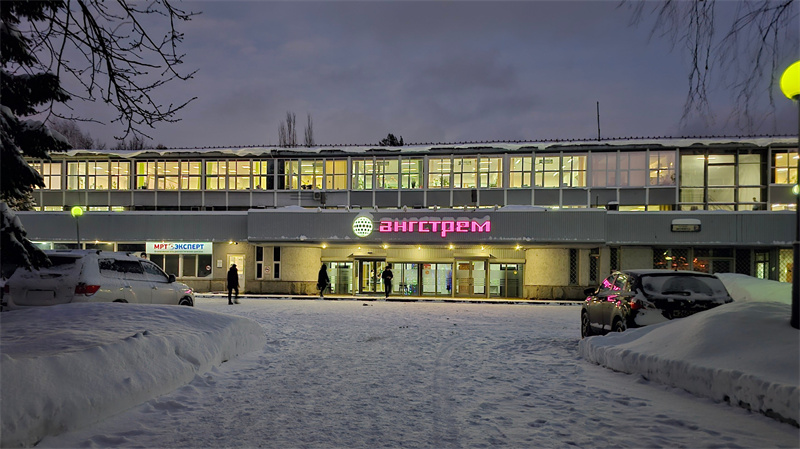Angstrom, a once-promising microelectronics company, has entered a bankruptcy procedure after failing to repay a 1 billion ruble debt owed to Zenit Bank. This decision, made on December 2, 2024, marks the first step towards the company's formal insolvency process, following its ongoing financial difficulties. The bankruptcy filing comes after years of mounting debt, with the company unable to meet its obligations despite repeated legal actions.
Founded with ambitious goals to become Russia's largest microchip producer for both civilian and military sectors, Angstrom-T was heavily supported by the government, receiving a substantial €815 million credit line from Vnesheconombank and $1 billion in funding for its operations. The project, spearheaded by Leonid Reiman, a former Russian Minister of Communications with close ties to President Vladimir Putin, was meant to propel Russia into the competitive global microchip market. However, over time, the company's financial instability, coupled with its inability to repay loans, led to its downfall. By 2019, Vnesheconombank seized Angstrom's assets, including equipment and shares, initiating a bankruptcy process.
The company's failure has been compounded by sanctions imposed by the US, Canada, Japan, Switzerland, and Ukraine. These sanctions targeted Angstrom for its involvement in producing military navigation systems. Despite efforts to maintain minimal production capacity, the company has struggled under these external pressures, and in 2022, it was placed under the management of the state-owned defense conglomerate Rostec to preserve its chip production capabilities.

As of now, Angstrom is in a bankruptcy observation phase, with a ruling expected by spring 2025. During this time, creditors will determine whether the company should undergo reorganization or liquidation. Given the company's importance to Russia's microelectronics sector, experts emphasize the need for careful handling of its remaining assets to prevent further loss of critical production capacity.

The case highlights Russia's broader struggles to develop an independent microchip manufacturing capability, which remains heavily reliant on Western technology despite years of import substitution policies. As Russia continues to face international sanctions, the country's defense industry remains vulnerable, with many essential microelectronics still being sourced from abroad through shadow imports.
+86 191 9627 2716
+86 181 7379 0595
8:30 a.m. to 5:30 p.m., Monday to Friday
